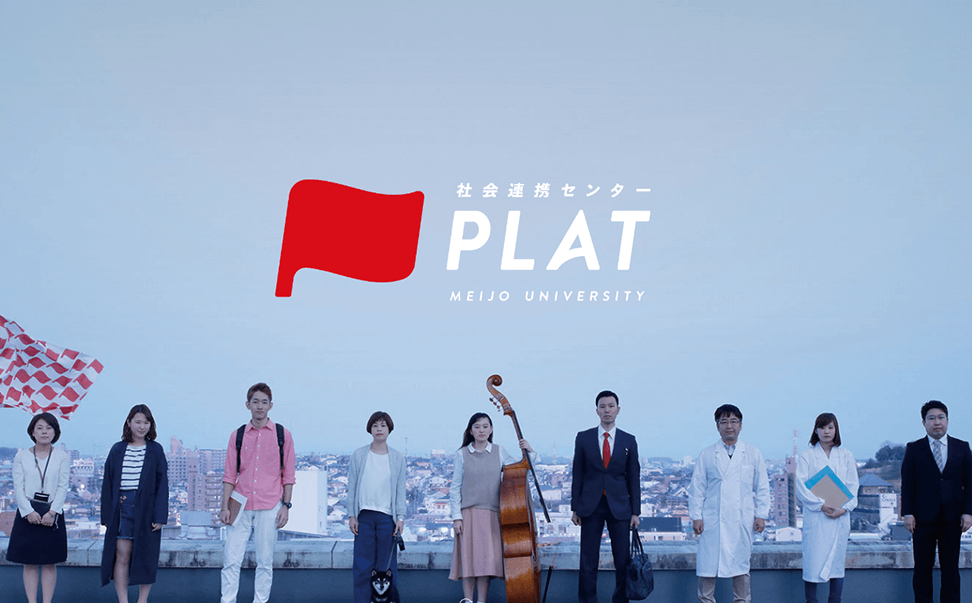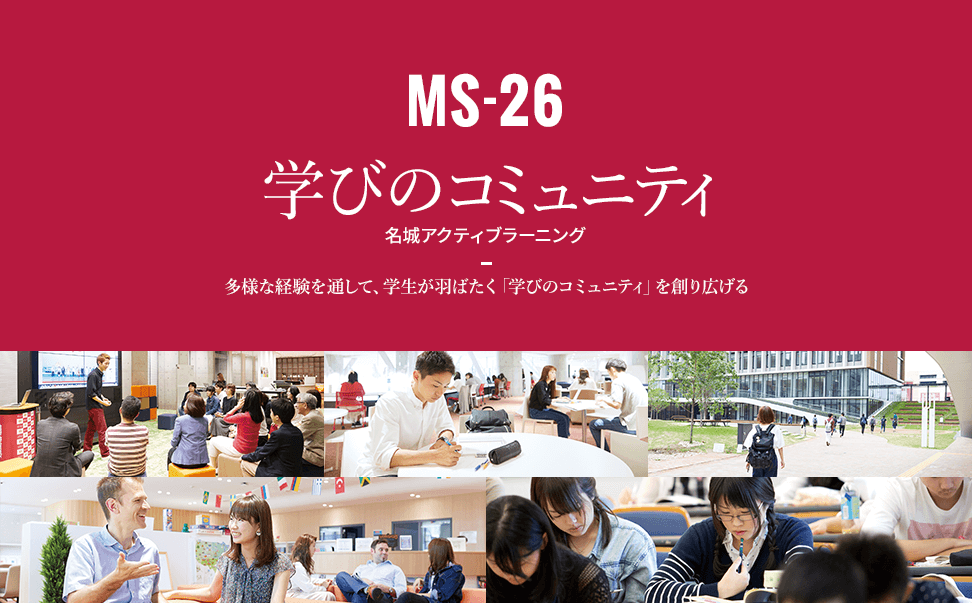移行用/ニュース After Nobel Lectures three Japanese Nobel laureates their attend first joint press conference

Professor Nakamura (left), Professor Akasaki (center), and Professor Amano held hands together at a press conference
After the official Nobel Lectures Meiji University Professor Isamu Akasaki, Nagoya University Professor Hiroshi Amano, former Meijo University professor, and University of California Santa Barbara Professor Shuji Nakamura attended a joint press conference, which was held by the Embassy of Japan in Sweden on December 8, 2014. About 50 reporters packed a conference room in the Grand Hotel as it was the first joint conference all three laureates attended after the news of their joint Nobel Physics Prize.
At the start of the press conference Professor Akasaki said,“I have been very busy since the announcement was made for this year’s Nobel Prize and I am overwhelmed with all the press interviews I get. As I said at the press interview right after the news was released I’m very pleased by the fact that three of us are jointly awarded the Nobel Prize in Physics.” Professor Amano stated, “I am happy to have finished the Nobel lecture. I would like to thank the Nobel Foundation for giving me such a great opportunity.” Professor Nakamura said, “I’ve been very busy since the decision was made to award us the Nobel Prize. The Nobel Week will be over by the end of this week and I would like to go back to my ordinary life from next week.”
“Give support to research with good potential”
――Professor Akasaki said that he was happy to be jointly awarded the Nobel Prize in Physics. Professor Nakamura and Professor Amano, how do you feel about the joint winning of the Nobel Prize?
Amano : “Every year when October came around, reporters gathered around Meijo University to wait for Professor Akasaki to be announced as a Nobel Prize winner. So I thought this would happen someday. It was also expected that Professor Nakamura would win the Nobel Prize as he had given presentations at prestigious academic conferences. But I myself did not expect to be included as a joint winner of the prize and so I didn’t know how to respond. Even now I feel that way.”
Nakamura: “At annual conferences of the Japan Society of Applied Physics Professor Akasaki used to chair a session on GaN whereas Professor Amano gave a paper and I was in the small audience. In a sense three of us were good rivals and I tried to compete with them in pursuing my research on LEDs. That’s why I am very happy that three of us were jointly awarded the Nobel Prize.
――Tell us how you feel now after finishing your Nobel Lectures and also what you thought about each other’s lecture.
Akasaki: “For the past ten years I have not been able to attend International conferences. Today I gave a talk in English after a long interval and I don’t remember exactly what I said. Professor Amano is much more used to giving a talk in English. And I think he did a good job in summing up the contents of his lecture. Professor Nakamura talked about his own topic very lively with gestures. I listened to his talk remembering our old research days. Both of them have firm foundations of research and so I am sure their talks had a tremendous impact on the audience.”
Amano: “I meant to talk a little more about the colleagues I had worked with. But I was very nervous and I regret not having mentioned them in my lecture. Professor Akasaki’ s lecture was very precise and informative, which reminded me of the time when I used to learn many things from his lectures. Professor Nakamura’s lecture was very energetic as it used to be but at the same time I think his way of talking has become a little softer in tone.”
Nakamura: “The lectures by Professor Akasaki as well as Professor Amano brought me back some memories from the time when I used to listen to their lectures.”
――Professor Akasaki, it has been a long journey up to now. Could you tell us what triggered you to undertake scientific investigation and what you are thinking about?
Akasaki: “As a child I never thought of becoming a researcher. I used to race around the fields trying to catch insects. In the year I entered Kyoto University, Professor Yukawa won the Nobel Prize. It was the time after Japan had been defeated in World War II. The news of Professor Yukawa’s winning the Nobel Prize cheered us up when we were feeling down in spirit. As it was in the postwar years of recovery I had a desire to do something good in the world. That was when I encountered luminescence and became fascinated with it. Since then I had wanted to do research on luminescent single crystals some day. After going through various processes I finally began investigating light-emitting semiconductors.”
――Nobel laureates have increased in number since 2000 and I think it demonstrates Japan’s fundamental strengths. What do you think has worked well in bringing successful outcomes and what is required to maintain the momentum?
Akasaki: “I think the number of winners has increased by chance and I don’t know if it will stay that way for years to come. In my opinion the government should give support to even small-scale research projects as long as they show a sign of bearing fruit in the future.”
Amano: “From an early stage of scientific development in Japan many scientists felt that they should engage in innovation-oriented research. I believe such attitudes resulted in producing many Nobel Prize winning scientists. I guess they share the common underlying motivation for helping other people. Government policies and measures are important and the key to success depends on how strongly government ministries and agencies could enforce such political measures.”
Nakamura: “Japanese people are very earnest. I think moral education from very early in their life has a good effect on them. As long as such kind of education continues I believe they will be able to keep winning Nobel prizes. Furthermore, if they become more globally minded, I’m assured that the Japanese economy will recover.”
――Having won the Nobel Prize you become more influential. What mission and role do you think you would like to pursue?
Nakamura: “As a researcher I think it’s important for me to continue my research to the end. That’s what I think young people expect me to do.”
Amano: “For me, the role is more to encourage others than to just concentrate on my own research. I have heard that even in Sweden more women should advance into society and female researchers should increase in number. At Japanese Universities the number of female researchers is still small. If given the opportunity I would like to do something to change the current situation.”
Akasaki: “Even though I have won the Nobel Prize nothing will change. I would like to keep doing my research as I have been doing.”
――What did you want to tell the audience through your lecture?
Akasaki: “I wanted to tell them how I have gone through various processes to come this far since I became fascinated by blue lights.”
Amano: “I gave a lecture while considering how to encourage young people.”
Nakamura: “I wanted to tell them about the importance of doing research by questioning common knowledge. What was held as common sense at that time has become disproved altogether. I want them to do their research by questioning common sense.”
――In today’s lectures Professor Akasaki and Professor Amano praised each other. We felt that the invention of blue LED was only possible because two of you had met and worked together. Now that you have jointly won the prize, could you tell us again how you feel about each other?
Amano: “I owe Professor Akasaki for leading me to research on GaN. I am very grateful that I have been given a wonderful research theme.”
Akasaki: “Back in the time when Professor Amano was a graduate student, he had applied for my laboratory even before I officially began recruiting. I had a hunch that he was like me and probably would devote himself to doing research. Since then we have worked together. When I retired from Nagoya University and moved to Meijo University, Professor Amano followed me. Four years ago he went back to Nagoya University though Meijo University was very disappointed to let him leave. In this way we have been closely tied to each other and our relationship hasn’t changed up to now.”




